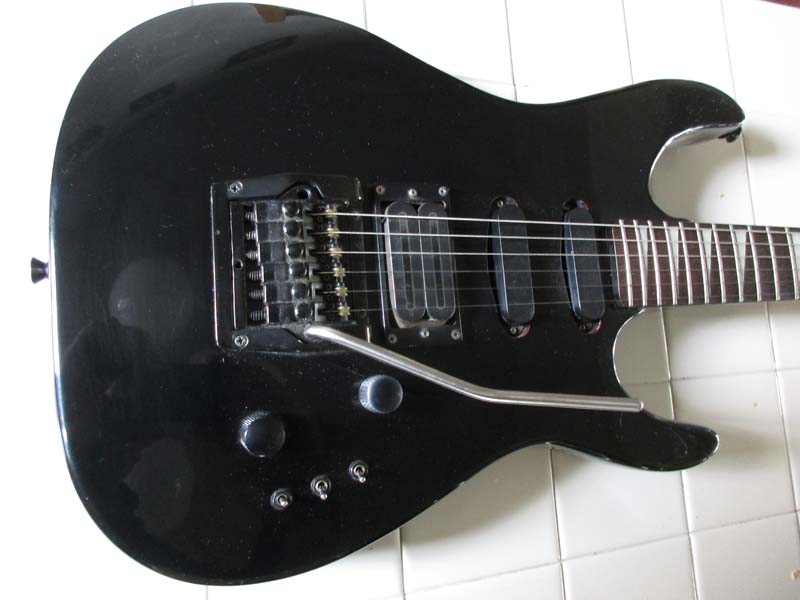


Yes, fools: Throughout Season 4, The Crown ridicules the royals, mocking their entitlement. Its third installment held her at arm’s length, turning her into a supporting character to Philip and Charles, while still emphasizing the burden of her role.īut in its sharp and splashy fourth season, the show finally criticizes Elizabeth for her ignorance, characterizing her as a ruler whose stubborn devotion to tradition makes her and her family out-of-touch fools caught off guard by change. The writer and executive producer Peter Morgan treated the drama’s first two seasons as a character study of a young woman struggling with immense, but fragile, power.

Across the Netflix drama’s first three seasons-blanketed in a warm nostalgia and postwar idyll-The Crown argued that her flaws made her only more sympathetic, that she faced unknowable pressure as a monarch and the head of an esteemed institution. When it comes to the Queen, The Crown tends to forgive easily. In the meantime, the country remains in decline. Philip reveals that all of their children had been “perplexed” by their lunches, and Elizabeth is convinced they’re lost. Later, she vents her frustrations to Philip (Tobias Menzies), who tells her not to fret-their children are all adults, and she needs to concentrate on being a mother to a nation. Colman plays Elizabeth with a dignified embarrassment, forcing smiles through her obvious disappointment. Charles (Josh O’Connor) and Anne (Erin Doherty) rue their marriages, talking over her advice. Andrew (Tom Byrne) boasts of a young “actress” he met, a tawdry subject that shocks the sovereign. It’s a frivolous but revealing endeavor-the four meetings show the gaping emotional distance between Elizabeth and her royal progeny, who all look stunned to be spending time alone with “mummy.” Edward (Angus Imrie) immediately inquires after his Civil List money, as if she were a bank teller. But inside Buckingham Palace, Queen Elizabeth II (played by Olivia Colman) has a more personal catastrophe on her mind: She’s not sure which of her four children is her favorite.Īnd so Her Majesty invites each of them to lunch, hoping one will impress her more than the others. It’s 1982, and the so-called Winter of Discontent still lingers over the country as unemployment numbers soar and a war brews in the Falklands. Early in its fourth season, The Crown finds Britain at a low.


 0 kommentar(er)
0 kommentar(er)
